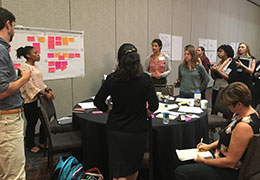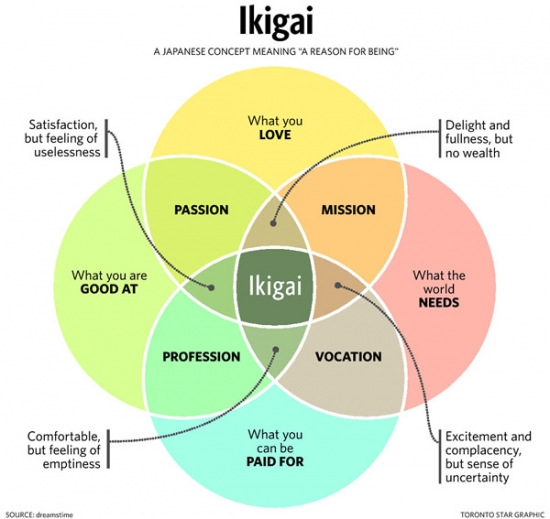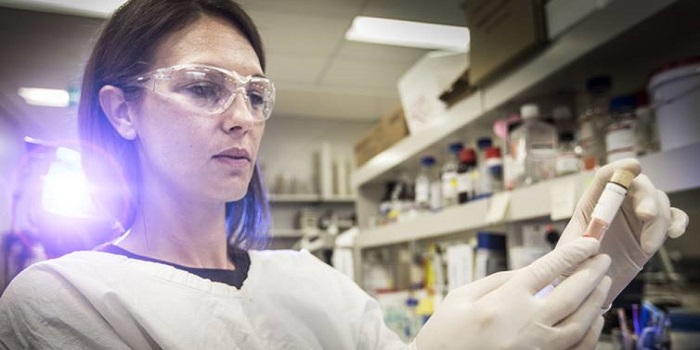
Pathways not pipelines
Blog0 Comments
/
Reflections on a Plant Science Research Network Workshop from an Early Career Scientist
by Nikki Forrester
It was a quiet morning in August. I sat in my apartment, sipping coffee and sifting through emails. “We are seeking early career scientists . . . who are eager to participate in…

The Transition from Postdoc to PI: Part 5 The Importance of Mentoring
Blog
Part 5: The Importance of Mentoring
by Amanda Rasmussen
Finding and making the most of good mentors is incredibly important (dare I say in particular for the transition from post-doc to PI?). There are blogs elsewhere about this (here) including my comments and experience so I won’t restate the…

Taproot Podcast S1E7: Episode Sessile: Measuring Mentoring and other Bleeps with Brian Dilkes
Blog, The Taproot Season 1, The-TaprootIn this episode, we take a different approach than usual- we bring a conversation we were having offline with our friend Brian Dilkes about a paper that tries to define the key variables that predict a ‘successful’ faculty member. We talk about some really important flaws of the paper, how to define…

Taking Control of Your Own Mentoring
Blog
Yesterday I attended a "Careers in Industry" discussion where it was noted that people working in industry often benefit from more structured mentoring programs than are the norm in academia. The lack of formal mentoring programs and mentor training has long been noted as a weakness in the academic…

Combatting the Impostor Syndrome in academic science – you probably are as smart as they think!
Blog, Careers, Careers - Blog, Mentoring, Skills and AdviceRebecca Mosher is an Associate Professor in the School of Plant Sciences at the University of Arizona who studies small RNAs and epigenetics. You can reach her at @rm0sher .
Have you ever felt like you don’t belong in academic science? Do you think that you aren’t as smart as the people across…

My experiences as a PlantingScience mentor
Blog, Careers, Careers - Blog, Careers in Plant Science, Education, Middle & High School, Organizations, ResourcesPlantingScience is an online mentoring program that virtually connects scientists with junior high or high school students as they participate in inquiry-based activities with plants. Mentors commit to an hour or so per week over roughly two to four weeks, during which they respond to student questions…

Mapping a Mentoring Roadmap and Developing a Supportive Network for Strategic Career Advancement
Careers, Careers - Blog, MentoringBy Beronda L. Montgomery, Michigan State University, East Lansing, USA
From SAGE Open, Vol 7, Issue 2, First published date: June-03-2017
http://journals.sagepub.com/eprint/izCuY6fGpyIi7B5JREqZ/full
Abstract
This article presents a proactive, individual-centered mentoring model which meets…

The Value of Mentoring (Women in STEMM Australia)
Careers, MentoringThis article was originally published on Women in STEMM Australia. Read the original article
The Value of Mentoring
Posted on May 31, 2015 by Women in STEMM Australia
Trainees in science often express the need for ‘a mentor’. What does this mean and what should mentees and mentors expect?
What…

How to find success as a woman in science (The Conversation)
Careers, Careers - Blog, Mentoring, Skills and Advice, Work-Life Balance, Workplace DiversityKara Perrow (nee Vine), University of Wollongong; Amy Wyatt, University of Wollongong, and Martina Sanderson-Smith, University of Wollongong
As children we are encouraged to dream big, and many young people – including young women and girls – aspire to a career in science.
While there are role…

